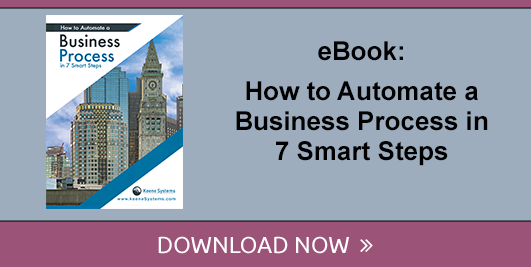The Hidden Costs of Off-the-Shelf Software
2 min read

Every business is a bit different from the next - they all have their own unique outcomes that they're trying to achieve and challenges that they're trying to solve. This, in essence, is why custom software solutions are so critical in the modern digital world - because there truly is no one-size-fits-all approach to what you're trying to do and why you're trying to do it. Two different companies could use the same piece of software in vastly different ways, especially in the context of what specific objectives they're trying to accomplish. This simple idea also helps to illustrate the dangers of off-the-shelf software that far too many people don't pay enough attention to: the hidden costs software forces your organization to contend with that go above and beyond that initial purchase.
The Myth of the One-Size-Fits-All Approach to Software
When comparing custom .NET development to off-the-shelf software alternatives, the major reason why most companies choose to go with the latter typically has to do with price. You can get a pre-existing application that is in theory "good enough" for one price, or you can get something that has been built from the ground up with your company in mind for ten times the cost.
The problem with this logic is that more often than not, off-the-shelf software actually ends up costing you MORE money than its purchase price in a wide range of different ways. After that initial buy-in, you'll need to spend more money to have the software configured to meet your needs. Do you need access to cloud or mobile-centric features? Sadly, those aren't in the "standard" package you purchased - which means you're going to have to spend even more money for "additional benefits" that are really mandatory requirements for your organization.
Not only that, but pre-existing software is often difficult to integrate with the other industry-specific apps you have to use - meaning you're actually making the jobs of employees harder, not easier. This is an issue that companies in the legal and healthcare spaces run into regularly because of the highly specific solutions that they depend on every day. Eventually, this means that you're probably going to have to outsource the management of that software because it's become so difficult to use - which means that what you thought was one fixed, initial purchase price has now turned into an unpredictable, permanent management cost before your eyes.
This is a large part of why custom software doesn't just matter, but it matters a great deal. According to a CITO Research study that was conducted in 2016, these types of customized solutions have major implications in terms of employee happiness and productivity as well:
30% of the people who responded to the survey said that customized software helps to significantly improve their business processes.
23% of respondents said that these types of custom software solutions help to increase productivity.
20% of people even went as far as to say that custom software gives them a competitive advantage.
But perhaps the most important statistic of all is the following: 14% of respondents said that custom software made them happier, more engaged and more satisfied as employees.
These are the reasons why off-the-shelf software will end up costing your organization more in the long run. Improved business processes. Higher productivity. Greater employee satisfaction. A serious competitive advantage - these are the advantages that you're NOT going to get with a one-size-fits-all solution.
In the End
Customized software is about more than just a branded app or a proprietary workflow. It's about making sure that everyone within your organization has access to the tools they need to work smarter, not harder, for all time. Your employees shouldn't have to change the way they work to make up for the limitations of a .NET web application - that application should support and empower how those employees choose to work in the first place.
To learn more about the importance of eliminating human error in your operations, please download the eBook titled "How to Automate Business Process in 7 Smart Steps."


